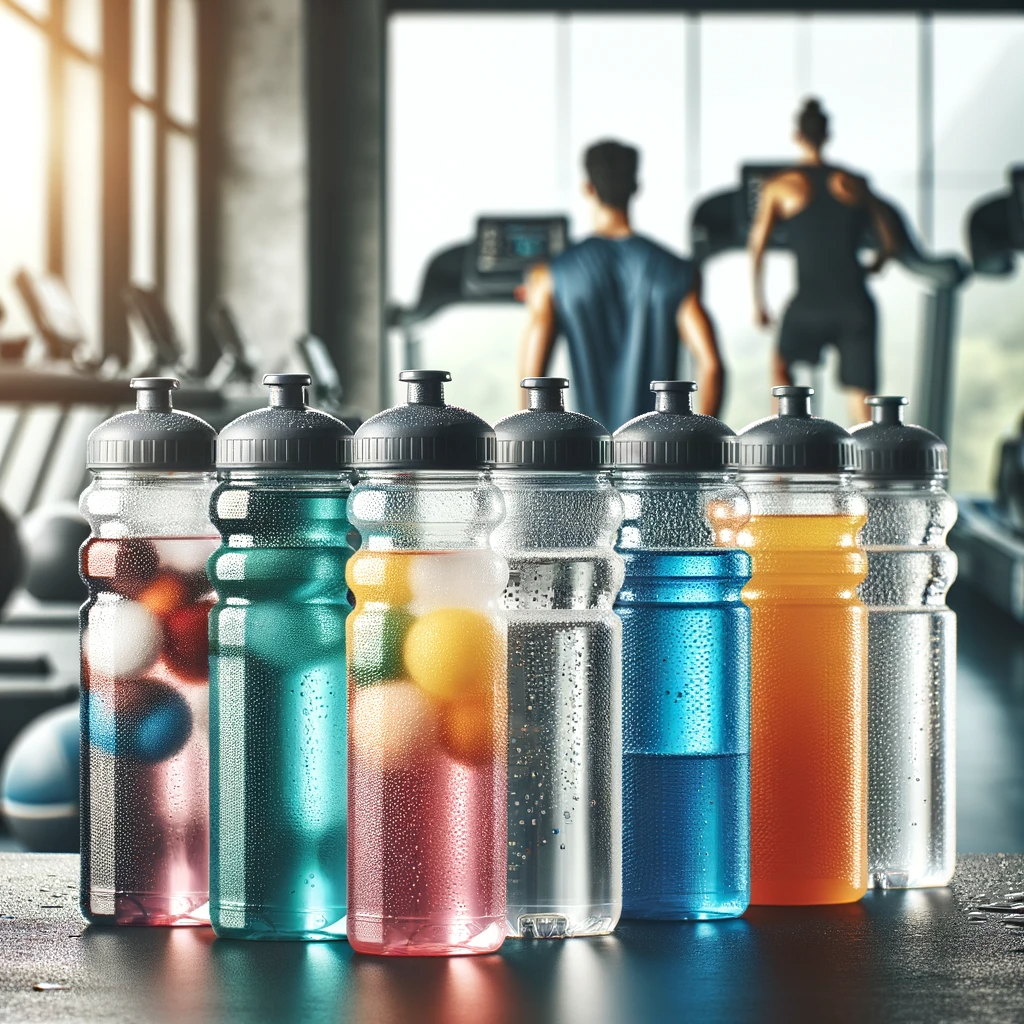Introduction
Hydration is a cornerstone of athletic performance and health, but the question of how much water an athlete truly needs remains a topic of discussion and research. In this comprehensive exploration, we delve into the science of hydration, unraveling the mysteries of water requirements for athletes and offering practical guidance based on scientific insights.

Understanding Hydration
Hydration is more than just drinking water; it’s about ensuring that your body has the fluids it needs to function optimally. For athletes, this is especially crucial. Water in our bodies serves multiple purposes: it helps regulate body temperature, lubricates joints, and aids in transporting nutrients to give energy and keep our bodies healthy.
Dehydration and Athletic Performance
Dehydration can significantly impair athletic performance. It can lead to reduced endurance, increased fatigue, altered thermoregulatory capability, decreased motivation, and increased perceived effort. Symptoms like thirst, dry mouth, dizziness, and reduced sweat rate signal the onset of dehydration and should be promptly addressed.
How Much Water Do Athletes Need?
General guidelines suggest that athletes drink about 3-10 liters of water per day, depending on the sport, but individual needs vary. Factors such as the intensity and duration of exercise, environmental conditions (like temperature and humidity), individual sweat rates, and differences in sports activities all influence hydration needs. Athletes should also consider electrolyte balance, as crucial minerals are lost through sweat during intense exercise.
Hydration Strategies for Athletes
Staying hydrated requires a strategy:
- Before exercise: Drink about 500-600 mL of water 2-3 hours before activity.
- During exercise: Athletes should drink early and at regular intervals to replace water lost through sweat.
- After exercise: Rehydrate with water or sports drinks, especially if the next exercise session is within 12 hours.

The choice between water and sports drinks depends on the duration and intensity of the exercise, as well as individual sweat rates and electrolyte loss. Overhydration, or hyponatremia, is also a risk and occurs when one drinks too much water without adequate electrolyte replacement.
Case Studies/Research Highlights
Research consistently highlights the variability of hydration needs. For instance, a study in the Journal of Sports Sciences found that individual sweat rates can vary significantly even under similar exercise conditions.
Hydration in Different Sports
Each sport has its unique demands – a marathon runner may need a more rigorous hydration plan compared to a golfer, for example. Understanding these nuances is crucial for optimal performance.
Conclusion
In conclusion, while general guidelines provide a starting point, the key to effective hydration is individualization. Athletes should pay close attention to their bodies and adjust their hydration strategies accordingly. Remember, effective hydration is as much an art based on personal experience as it is a science guided by research.
